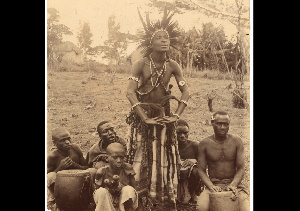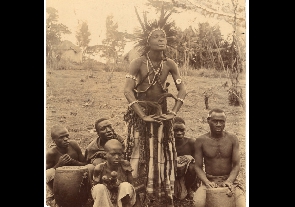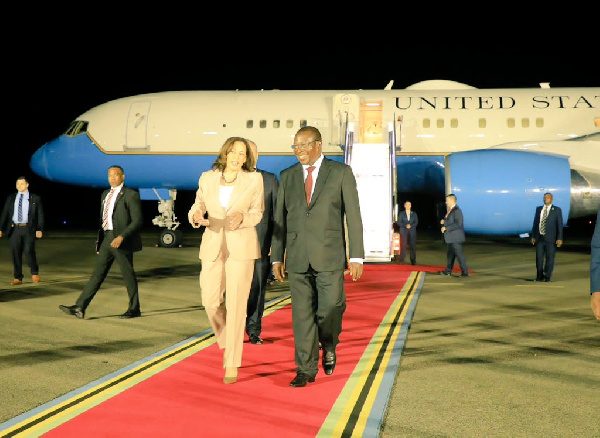The art of communicating with birds by the Yao people of Mozambique for honey

It is often rare for wild animals to work with men of their own free will to achieve a common objective. One of such alliances is between honeyguide birds and the Yao tribesmen in Mozambique in identifying beehives and plugging out the honey from the comb.
In return, the bee hunters gift the honeyguides with the bee wax to feed on, according to ABC Science. In a study by researchers, Dr. Claire Spottiswoode of the University of Cambridge in the UK and the University of Cape Town in South Africa explained that as much as such collaboration might be rare, it gives a sense of what common purpose can get the wild either in the forest or waters to achieve by voluntarily working with men.
Dr. Spottiswoode, citing an example in Australia, said dolphins are also known to guide fishermen to make bumpy catches in the seas. She indicated that the bee hunters use shrill sounds to court the attention of the honeyguide birds who intend to lead the Yao tribesmen to the bees’ nest.
It seemed surprising at first, but the birds and the hunters communicated among themselves through the use of sounds and signals. Dr. Spottiswoode explained that the communication isn’t one that is linear but back and forth directed at a mutual goal.
This tradition between honeyguide birds and the Yao tribesmen dates back thousands of years when the hunters leveraged the special abilities of the birds to make their hunt. In some instances, observations have established that the birds also look out for the hunters during their expeditions in the forest.
The first researcher to have made this discovery was Kenyan ecologist Hussein Isack in the 1980s who argued that the honeyguide birds interacted with humans in the quest to locate bees’ nests. The Yao tribesmen’s high chances of plugging volumes of honey can be attributed to the spirited ingenuity of the birds.
One of the favorite meals of the honeyguides is beeswax. But, because of its inability to crack the hive, it depends on men to make their work easier. Honeyguides largely feed on the eggs in the honeycomb, beeswax and larvae.
The collaboration between the two works in this pattern. The bee hunters draw the honeyguide’s attention with its signals, give the birds some distance and follow the lead of the birds to the bees’ nest.
The honeyguides have become accustomed to the shrill noise of the bee hunters to the extent that once they hear it, the birds interpret it to mean a call to action.
One of the sounds that Dr. Spottiswoode’s team picked up being used by the bee hunters to beckon to the birds was brr-hm. There are sounds used to straighten the direction and control the navigation of the honeyguides. The higher tempo of these sounds increases the engagement between humans and birds as well as the high possibility of finding bees’ nests.
It may seem quite unusual, but, the study found out that the possibility of working was high and improved the chances of the bee hunters locating a bee’s nest.
CLICK HERE TO DOWNLOAD PRESS RADIO MOBILE APP
Dr. Spottiswoode indicated that such a relationship also existed between killer whales and men. It may be rare, but these alliances between wild animals and men are profound in attaining set objectives.
Source: face2faceafrica.com







